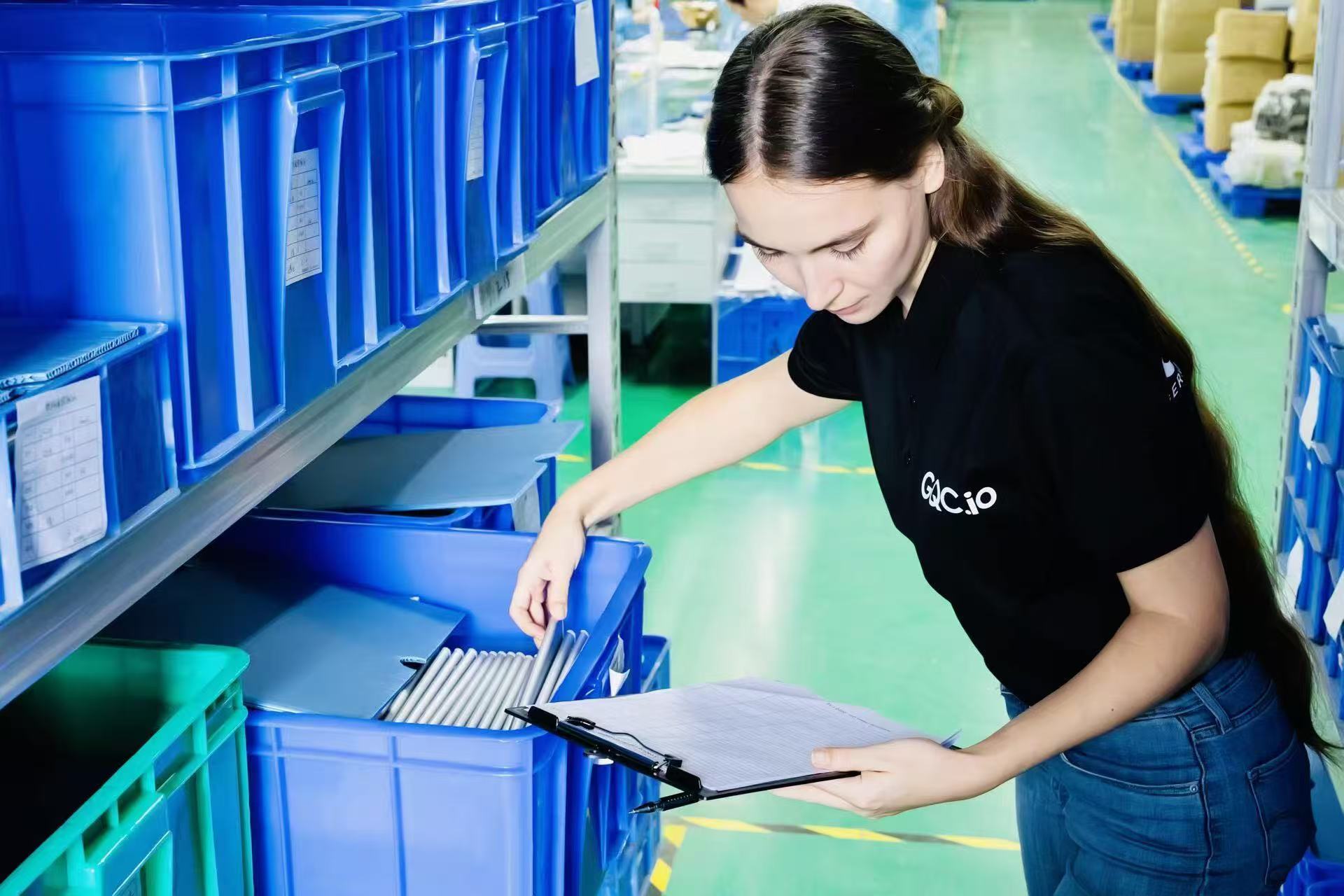Vietnam has emerged as a significant player in the global manufacturing landscape, with its industrial sector contributing substantially to the country's economic growth. As businesses explore Vietnams a manufacturing base, understanding the dynamics of this vibrant market, including its main industries, opportunities, advantages, and challenges, becomes crucial.
Main Industries in Vietnam:
Vietnam's industrial sector encompasses a diverse range of industries, employing a significant portion of its workforce and driving the country's manufacturing capabilities. Textiles, electronics, footwear, furniture, and automotive are among the primary sectors propellingVietnam's manufacturing growth. Additionally, Vietnam has seen rapid development in industries such as pharmaceuticals, food processing, and renewable energy, further diversifying its manufacturing landscape.
Opportunities andAdvantages:
Vietnam boasts several advantages that make it an attractive destination for manufacturing investment. A skilled and cost-effective lab or force, coupled with favorable government policies and trade agreements, presents significant opportunities for businesses. Furthermore,Vietnam's strategic location in Southeast Asia offers easy access to regional and global markets, enhancing its appeal as a manufacturing hub. Additionally, the country's participation in trade agreements like the Comprehensive andProgressive Agreement for Trans-Pacific Partnership (CPTPP) and the EuropeanUnion-Vietnam Free Trade Agreement (EVFTA) provides preferential access to key markets, facilitating international trade.
Challenges:
While Vietnam offers numerous opportunities for manufacturing, it also presents several challenges that businesses must navigate. Social compliance, quality control, and infrastructure limitations are among the key challenges faced by manufacturers in Vietnam. Ensuring compliance with lab or regulations, promoting workplace safety, and addressing issues related to child labor and working conditions require concerted efforts from both businesses and regulatory authorities. Quality control is another critical aspect, with the need to maintain consistent product quality and adhere to international standards. Additionally, infrastructure constraints, including inadequate transportation networks and power supply, pose logistical challenges for manufacturers operating in Vietnam.
Quality Control:
Given the importance of quality control in manufacturing, businesses must implement solid quality assurance measures to ensure product integrity and customer satisfaction. Conducting thorough supplier assessments, including audits and inspections, is essential to verify supplier capabilities, adherence to quality standards, and compliance with regulations. Third-party quality control companies, like GQC, offer comprehensive inspection services to help businesses mitigate quality control challenges effectively.
Conclusion:
Manufacturing in Vietnam presents significant opportunities for businesses seeking cost-effective production solutions and access to global markets. While challenges exist, proactive measures, including quality control practices and strategic partnerships, can help businesses overcome these obstacles and succeed in Vietnam's dynamic manufacturing landscape.
With our commitment to excellence, we help businesses worldwide uphold the highest standards of quality and integrity. Feel free to visit our website www.gqc.io for more information or contact us at info@gqc.io for more information.





